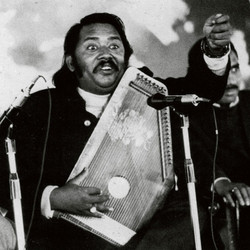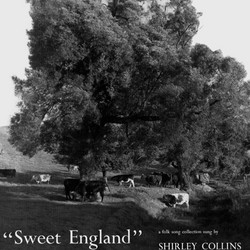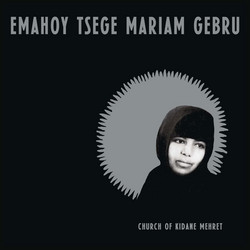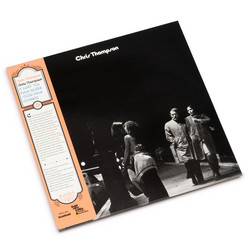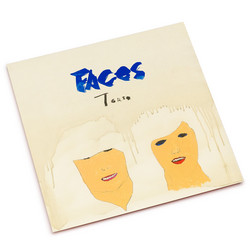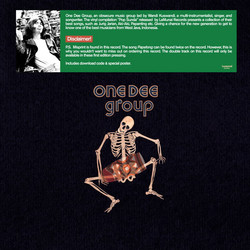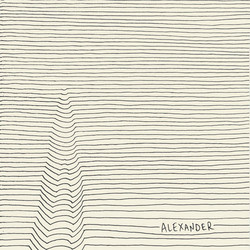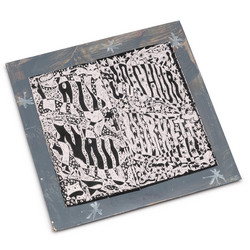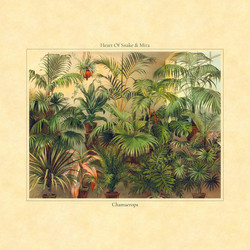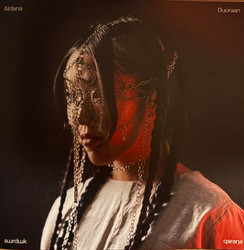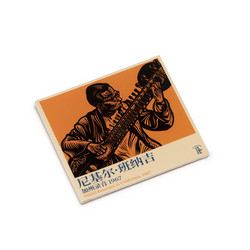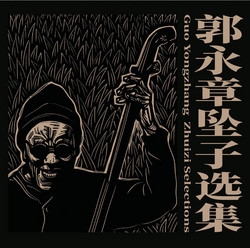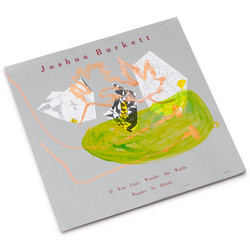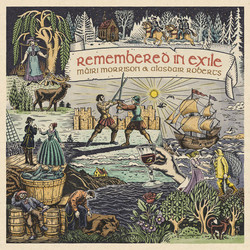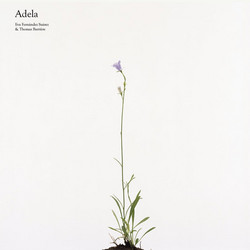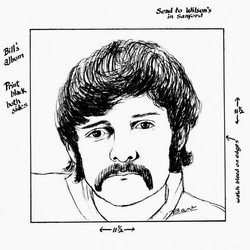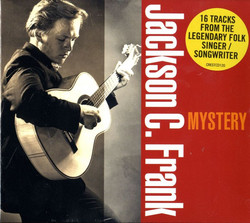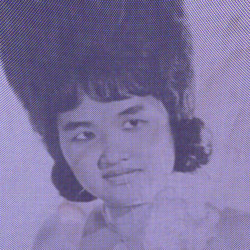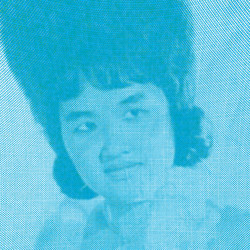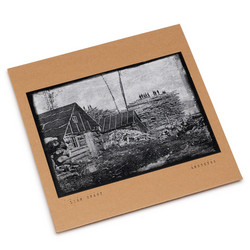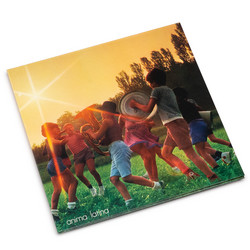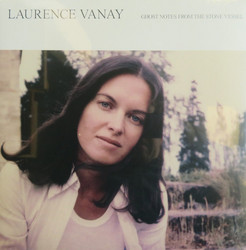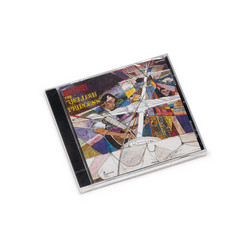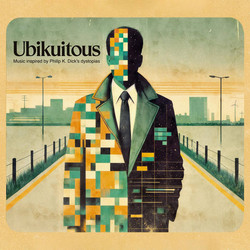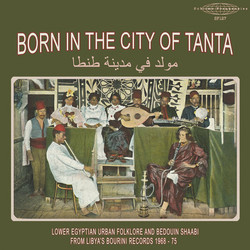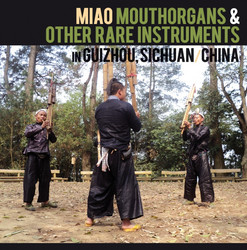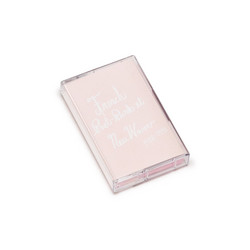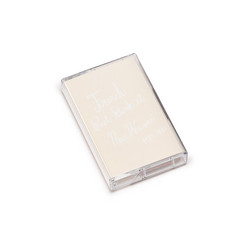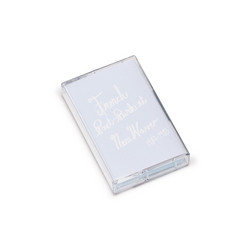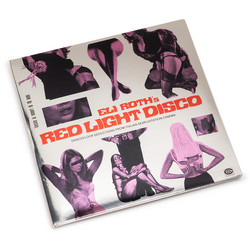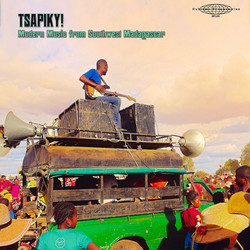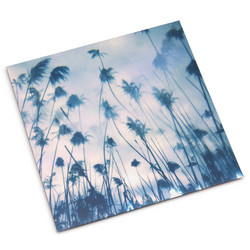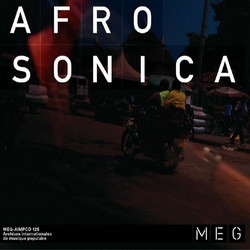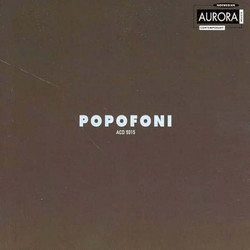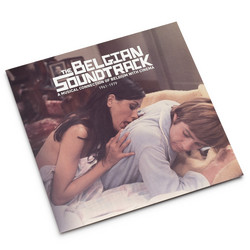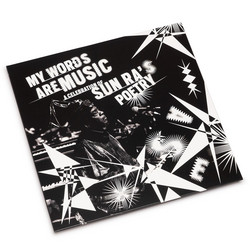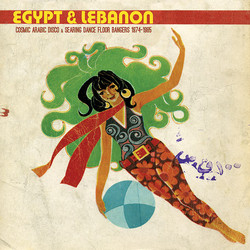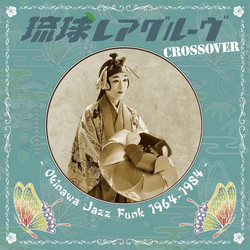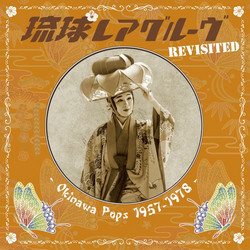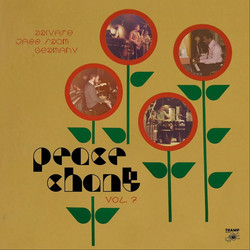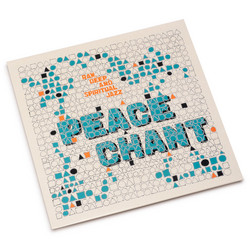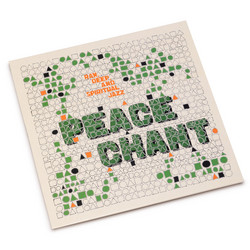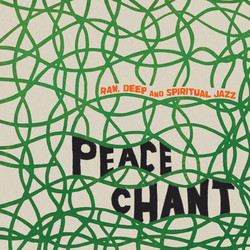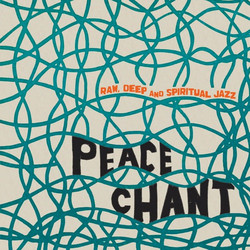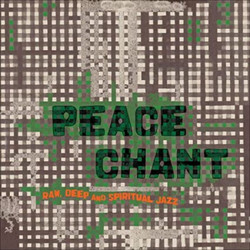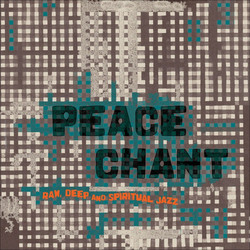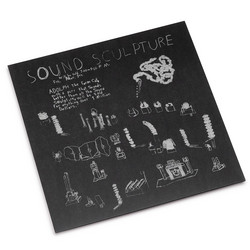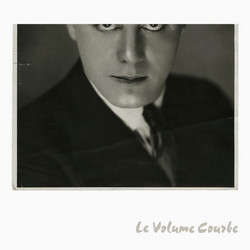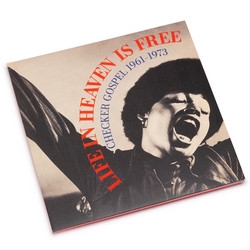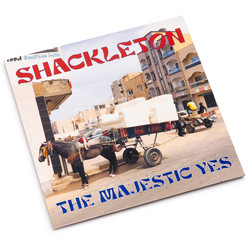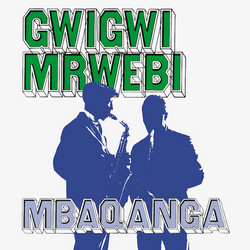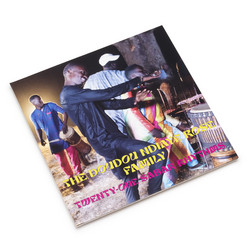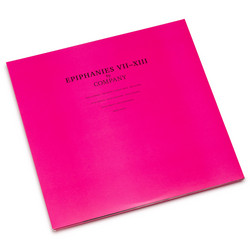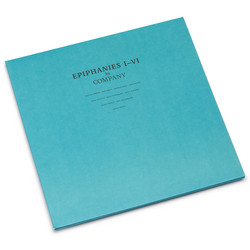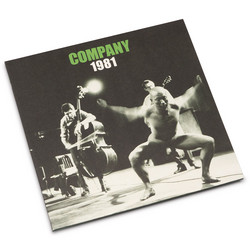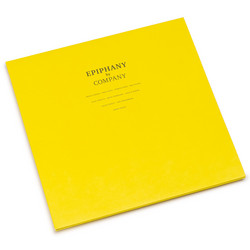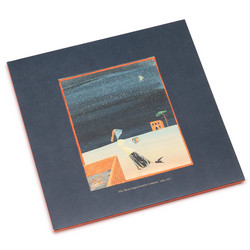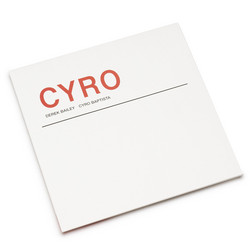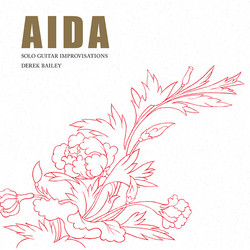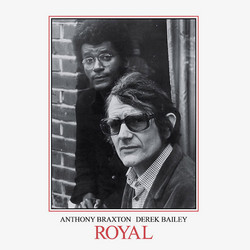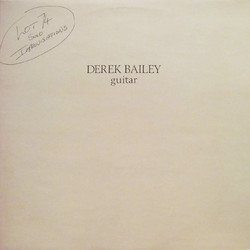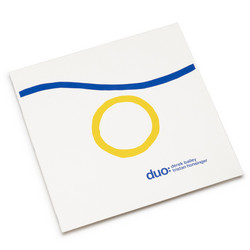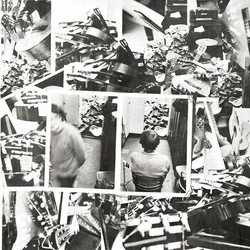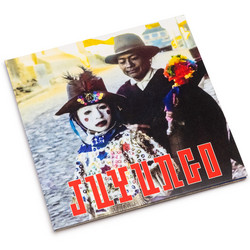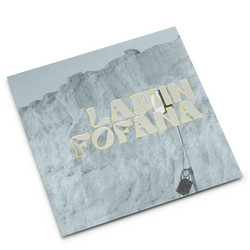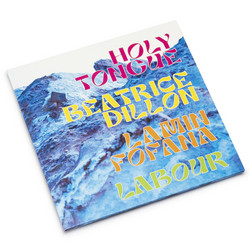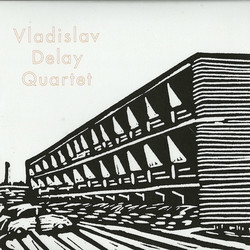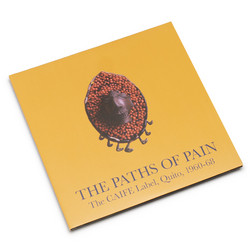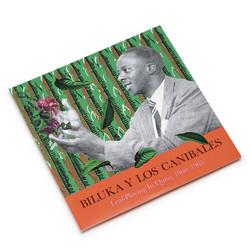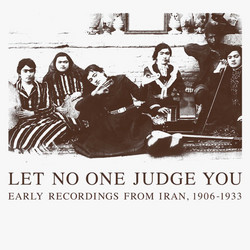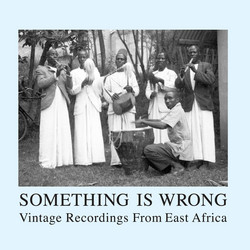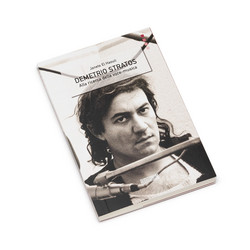Various
Open Strings: Early Virtuoso Recordings From The Middle East, An
Spectacoular 4LP box on Honest Jon's called Open Strings which features 2 LP's of 78's from the MIddle East circa the 20's (we're talking Egypt, Iraq, Iran, Turkey) and 2 LP's of more contemporary folks who are clearly inspired by such greatness. Thems being the likes of Richard Bishop (no longer calling him a sir as I don't believe the queen has chinned him with her sword), MV/EE, Ricky Tomlinson, Steffen Basho Junghans, Six Organs of Admitance, Micah Blue Smaldone, Michael Flower, Charlie Parr... the list goes on. To be honest it looks like the most exiciting thing I've seen in my life. I love old middle easten music and so far what I've heard sound great. I've not had chance to hear the 'compemporary ' albums yet but I will do tonight all being well. Exciting!! Fans of Sublime Frequencies, Alan Lomax etc take note. This is the fourth release in Honest Jon's series of albums exploring the earliest 78s held in the EMI Hayes Archive. Open Strings is a dazzling selection of virtuoso string-playing from Egypt, Iran, Iraq and Turkey, all recorded in the 1920s, and pretty much unheard ever since. In addition, Open Strings includes a disc of newly-commissioned responses to the themes in this music by underground luminaries committed to the drone such as Sir Richard Bishop of legendary Sun City Girls renown, West Coast psych-guitarist Ben Chasny aka Six Organs Of Admittance, UK folk-guitarist Rick Tomlinson aka Voice Of The Seven Woods, and Western Massachusetts' raga-inspired duo, MV And EE. From resonant bow-drone, to frenetic fret-runs to delicate, circular acoustic musings to sitar fever-dreams, no matter the nationality, there is a resonance and truth in this music that is ancient, timeless and transcendent. Scorchers past and present, every one. Other artists include: Micah Blue Smaldone, Michael Flower, Charlie Parr, Bruce Licher, Paul Metzger, and Steffen Basho-Junghans.
Details
Cat. number: HJRLP39
Year: 2009
Notes:
The four LPs are sleeved in a rigid slipcase. Astounding mastering as usual at Abbey Road. Wonderful artwork — woodcuts — by Katharina Immekus. 'Superbly stylish in conception and packaging, it shows that small independent labels can still be an inspirational force' (Daily Telegraph); 'definitive and essential' (Brainwashed); 'stunning in its historical interest and musicianship' (Boston Phoenix); 'phenomenal and mesmerizing' (Dusted); 'one of the major phonographic salvage operations of our time' (The Wire). 'The archival finds are, without exception, phenomenal – and mesmerizing. The oud, the santour and spike fiddle dominate. There are other instruments, but without a little more familiarity with the region’s music traditions (of which three – Arabic,Turkish and Persian – are represented here), these are difficult to accurately identify. Honest Jon’s has intentionally foregone providing any notes, instead letting the listener engage directly with the pieces, all of them improvisational performances lasting about three minutes. 'The instrumental command on these performances simply dazzles. Blindingly fast runs through the high register get tempered with stretches of silence and a preternatural understanding of fluctuating tempos. Melodic inventiveness never fails to heighten the drama, making one want to follow each note of each piece, so as not to miss a detail. Nechat Bey, with five tracks here, is notable for his versatility, appearing on oud as well as spike fiddle. Adul Hussein Khan Shanazi, with three tracks, brings shape to even the fastest, densest passages. Starting with a simple passage of chording, his Mavaraounnahr builds into a complex weave of ecstatic chording and intricate rolls. 'At times, especially on the spike fiddle tunes from Sami Chawa as well as Mehmet and Ahmet Balki-Oglu, the nearly 90-year-old recordings predict all sorts of modern musical vocabulary, much of what we might consider experimental now. Chawa posits, in brief flashes, a particularly abrasive take on free improvisation, while the latter duo prefigure the current obsession with scraping, wavering drone.' Dusted
